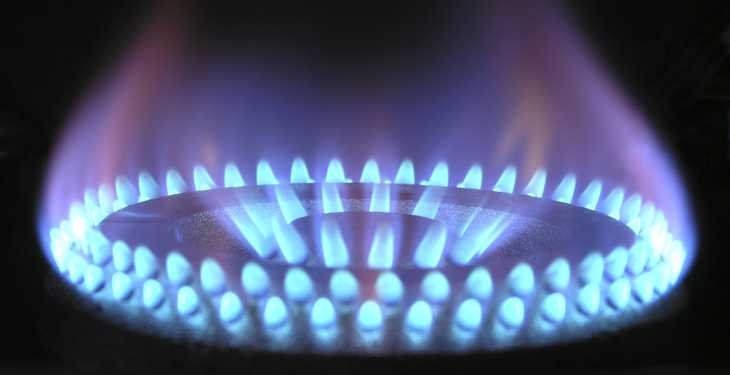With a leadership near finishing its mandate, under the spectrum of a parliamentary investigation and violently criticized by some political leaders, the ANRE Regulatory Committee decided to postpone the setting of tariffs for natural gas for the 2017-2018 gas year. Last week, the deputy chairman of the National Regulatory Authority for Energy Emil Calotă estimated that prices could increase by 6% for households in the fourth quarter.
ANRE explains the postponement by the fact that the Parliament is to approve by law the Emergency Ordinance no. 64/2016 in order to amend and to complete the Law on Electricity and Natural Gas no. 123/2012, “a normative act that introduces new provisions to be found in ANRE methodologies for the calculation of tariffs for the purchase of natural gas from storage facilities”.
In a dispute that faced two diverging approaches to the natural gas market, Emil Calota (ANRE) and Iulian Iancu (Chamber of Deputies) exposed the circumstances that led to the increase of natural gas prices on the centralized market of BRM and the potential impact to consumers.
Fact is that the price of gas to be delivered in the fourth quarter climbed by about 9% on the wholesale market, according to calculations of the Intelligent Energy Association. In the first issue of its “Natural Gas Price” bulletin it is stated that “besides the domestic gas sources, we will also have quantities of gas from storage and import. Transactions with gas from storage with delivery in Q4 2017 and the trend of average gas import prices will bring an increase in the average price of gas delivered on the wholesale market by about 9% in Q4 2017, compared to summer months. ”
It remains for ANRE to establish a new calculation methodology for tariffs, and one of the elements that could support significant changes is the one related to gas storage.
In the same meeting of the Chamber of Deputies’ Industry Committee last week, Emil Calota stated that ANRE has asked for the priority list to include the reconsideration of the gas storage policies in Romania. “Without this we can not implement EU regulation 994 on measures to guarantee the security of natural gas supply in Romania, which would call into question the evolution of the process of modernization and liberalization of the gas market.”
The ANRE official specified that the document, approved in 2010, had to come into force in Romania as early as 2012. “The application was made by order no. 7 of the Ministry of Energy that establishes the Ministry of Energy as the competent authority responsible for security of gas supply and implicitly sets for the Transmission System Operator (TSO) clear, but incomplete obligations compared to those in the EU regulation. One of them is related to Transgaz’s activity for ensuring gas supplies for balancing the national transport system (NTS),” Calotă said.
The idea that is taken into account for now is that the storage policy should lead to constituting the strategic stock as stipulated in Regulation 994, to ensure the security of gas supply and the balanced operation of the NTS in winter conditions, while the difference to be a storage obligation for the suppliers to secure their contracts with the necessary quantities, based on commercial negotiation, Calotă said.
“It is an extremely important step because, without introducing this, we can not respect the obligation to apply Regulation 994. […] If we do not take action, the gas stored by the Romanian producers will remain unused as there will be import gas at much lower prices,” ANRE Vice President warned.
While having an important impact on the gas market’s flexibility, it is unlikely that, in the short term, changes to the storage regulatory framework will lead to a reduction in prices for domestic gas. If price hikes at supplier level will last for a longer period of time, postponing the transfer of these price increases to consumers can only be a temporary solution.
